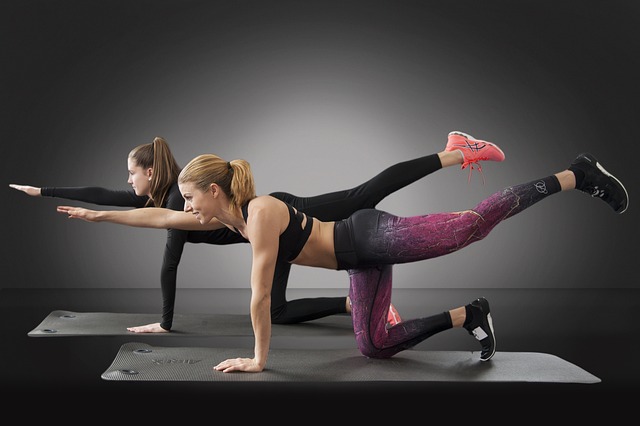A workout is a physical activity or series of activities that are performed with the purpose of improving one’s physical fitness or athletic abilities. Workouts typically involve exercises designed to target specific muscle groups or improve cardiovascular endurance and may be performed in a gym, at home, or in an outdoor setting.
They can range from simple bodyweight exercises to complex resistance training routines and may be done alone or as part of a group fitness class. The frequency, intensity, and duration of workouts can vary depending on an individual’s goals and physical condition and can be tailored to meet the needs and abilities of each person.
Why Workout Habitually?
Regular exercise is important for physical health, mental health, weight management, improved endurance, better sleep, and increased confidence. Making exercise a habit can lead to a healthier, more productive, and more fulfilling life.
Not to mention that regular workouts are crucial for some career fields, such as bodybuilding, athletics, and weightlifting. It’s why people involved in these fields go to great lengths to build their body, including investing in pharmaceutical products. Finding online steroids Canada is possible. It’s worth doing the research to ensure that what you’re buying is what you need and that you’re buying it from a reputable company.
For the regular person who just wants to stay fit, working out promises improved sleep quality, allowing for more restful and rejuvenating sleep, as well as a confidence and self-esteem boost, including a sense of accomplishment and satisfaction.
Tips for Making Workouts Habitual
Here are some tips for making working out a habit:
Set a goal:
Having a clear, specific goal in mind can help motivate you to stick to your workout routine. Whether it’s losing weight, building muscle, or improving your overall health, having a goal can help you stay focused and on track.
Make a schedule:
Plan out your workouts in advance and set aside specific times each week for exercise. This can help ensure that you’re making time for physical activity and making it a priority.
Start small:
If you’re new to working out, or if you haven’t been active in a while, start with shorter, less intense workouts and gradually increase the difficulty over time. This can help you avoid burnout and reduce the risk of injury.
Find an accountability partner:
Working out with a friend or family member can help you stay on track and motivated. You can support each other, encourage one another, and hold each other accountable.
Mix it up:
Doing the same workouts every day can quickly become boring. To keep things interesting, try different types of physical activities and switch up your routine regularly. This can also help you avoid boredom and plateaus in your progress.
Track your progress:
Keeping track of your workouts and progress can help you see the results of your efforts and stay motivated. Consider using a workout journal or an app to keep track of your progress.
Reward yourself:
Set small goals along the way and reward yourself when you reach them. This can help you stay motivated and feel a sense of accomplishment.
Making working out a habit takes time and effort, but by following these tips, you can make physical activity a regular part of your daily routine.
































